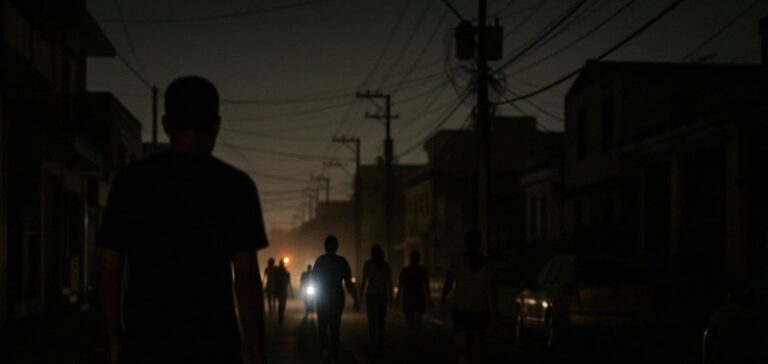A large-scale power outage hit Puerto Rico on Wednesday, affecting over one million households across the entire territory. According to Genera, the private company that operates the island’s power plants, the incident was caused by an “unexpected” shutdown of all the facilities. At 12:40 PM local time, Luma Energy, the electricity distributor, confirmed a failure affecting the entire electricity distribution network. Nearly three hours later, with around 1.1 million homes still without power, the company indicated that it was actively working to identify the cause of the outage and restore service safely.
Efforts to restore power
The situation led local authorities to announce that they expected the electrical network to be gradually restored throughout the night. By that time, over 266 megawatts of electricity production had already been restored. However, this incident occurs in an already fragile context, marked by a series of large-scale outages in recent years. Indeed, the passage of Hurricane Maria in 2017 left lasting scars on the island’s electrical network, which continues to suffer from frequent failures.
Impact on residents and infrastructure
Power outages have become almost regular on the island, causing inconvenience for residents and disrupting economic activities. Puerto Rico, with its 3.2 million inhabitants, faces significant challenges regarding the stability of its energy infrastructure. This new incident follows another major outage that occurred during the holiday season when many residents spent New Year’s Eve without electricity.
Origin of the outage and crisis management
Puerto Rican authorities clarified that the latest outage was due to a failure in the transmission line between the Cambalache power plant and the municipality of Manati. This failure led to a widespread electricity cut, affecting a large part of the island.






















